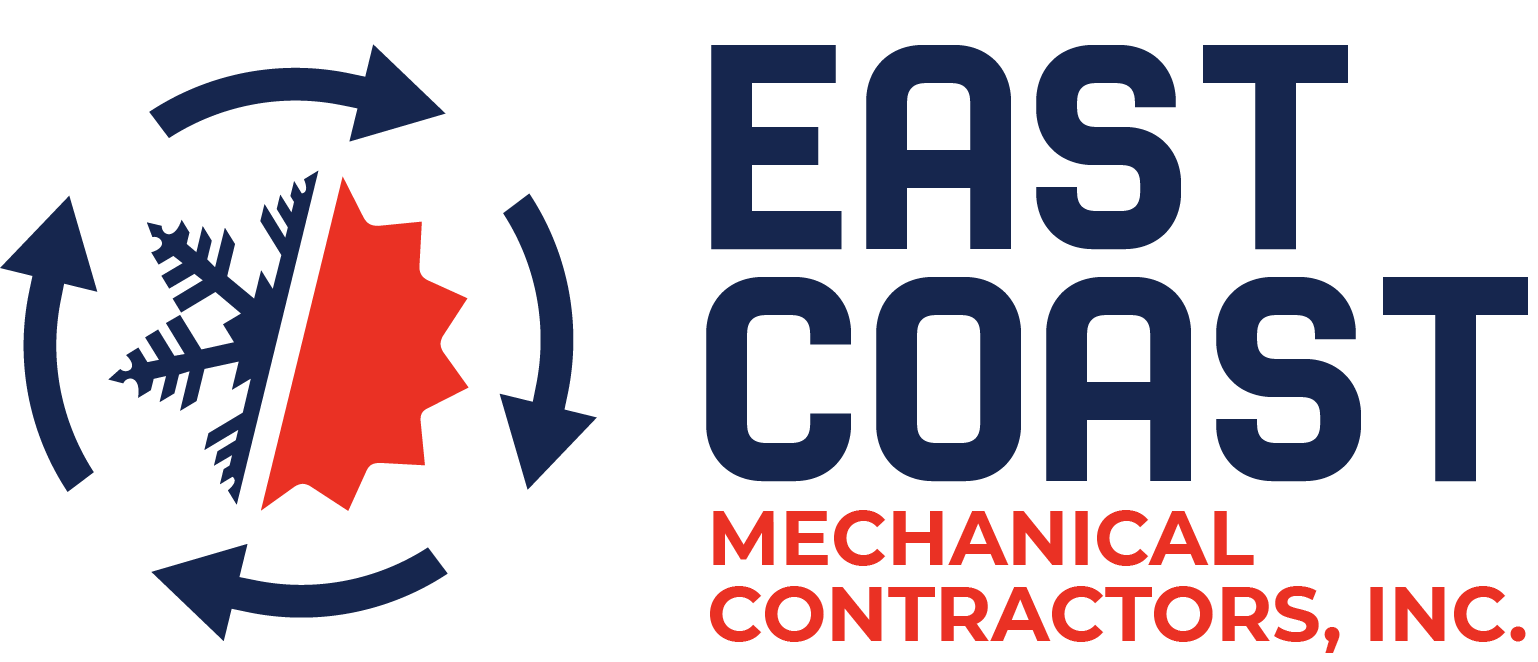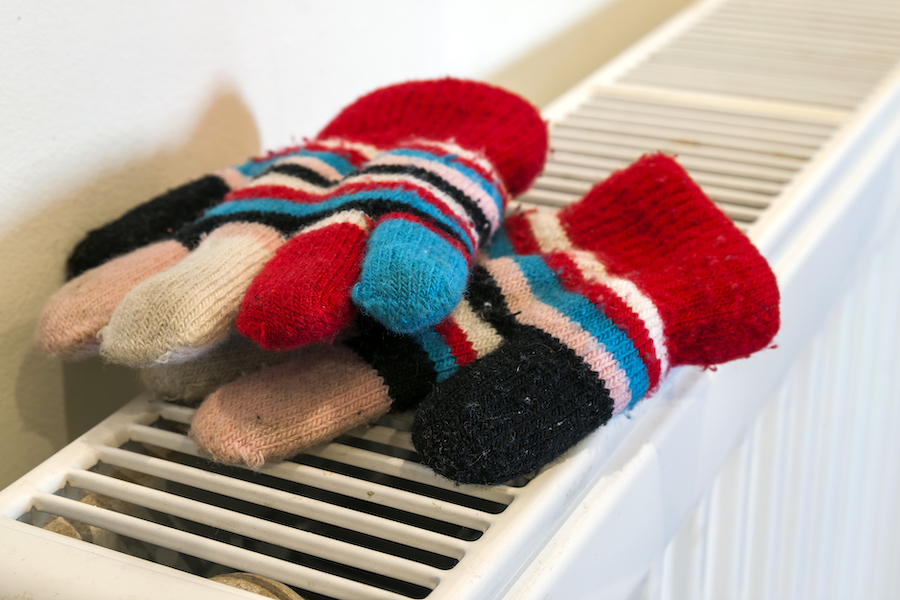
Source: Kishivan / Shutterstock.com
A fully operational HVAC system is essential for dealing with extreme temperatures, particularly during winter. An inefficient HVAC system can cause many problems in your home, from discomfort on a cold night to increased utility bills. Eco-conscious consumers should also consider that an inefficient HVAC is needlessly wasting energy, increasing your carbon footprint.
While you may be aware of the importance of HVAC maintenance, it can be challenging to know how to keep the system in good condition. However, looking after a modern heating and cooling system isn’t complicated or expensive. Here are five key HVAC tips to ensure your system is optimized for handling cold temperatures during the winter months.
1. TEST THE SYSTEM BEFORE WINTER ARRIVES
The first step in preparing your HVAC for winter is to test if it’s working effectively. If your system hasn’t been used for several months, turn it on and set it at a range of temperatures to ensure it’s firing correctly. In addition, you can also power down the system for 60 seconds and reboot it back on heat mode. It’s also imperative that you inspect important components such as the thermostat, air filters, motors, condenser coils, refrigerant lines, and the indoor and outdoor units.
Common HVAC problems are often caused by a build-up of dust, debris, pollen, and pet dander. Ensure your unit is clean and free of blockages before turning it on. Besides damaging the unit, these pollutants can be dispersed into the air inside your home, creating dust or potentially triggering allergies in you and your family.
2. HIRE A PROFESSIONAL SERVICE
Although it’s possible to service your HVAC system, it is not recommended unless you have the right knowledge and equipment. Tinkering with various components, removing and replacing parts, and cleaning the unit incorrectly can cause unnecessary damage.
Whether you own a traditional HVAC or a mini split system, you should hire a professional to perform an inspection and necessary service twice a year. An experienced technician will inspect and test all the crucial components, ensuring your system produces quality, clean air.
Hiring a professional technician to maintain your HVAC system also gives you peace of mind that your system is operating efficiently, reducing your heating bills and carbon footprint.

Source: Africa Studio / Shutterstock.com
3. REPLACE THE AIR FILTERS
Typically, you should replace air filters every three months. However, you should refer to the owner’s manual for exact instructions on what’s best for your HVAC system. If the filters become too dirty, your system will not run efficiently and could become damaged.
Some air filters can be cleaned and reused. To clean, carefully remove the filters and use clean, room-temperature water and soap to remove any dirt, dust, and debris. When the filters are removed, wipe away excess dirt inside using a dry cloth or use your vacuum cleaner at the lowest setting with the brush attachment.
4. UPGRADE YOUR CURRENT SYSTEM
A traditional HVAC system typically lasts somewhere between 10-20 years. While many ducted systems have relatively long lifespans, they often experience dips in efficiency, which can increase your utility bills exponentially. If your home HVAC is no longer running properly, consider upgrading/
Mini split heating and cooling systems operate via one or multiple indoor air handlers, which treat the air in certain areas of the home. These ductless systems allow you to select a temperature for each zone, reducing waste and increasing efficiency. According to the U.S. Department of Energy, traditional HVACs can lose over 30% of energy through ducting, particularly when the ducts are installed in unconditioned spaces.
Upgrading your current system not only improves the temperature and air quality in your home but may also reduce your long-term utility costs drastically. The size of a mini split suitable for your needs depends mainly on the size of your home. For a small house or apartment, a single zone mini split should suffice.
5. PROTECT THE OUTDOOR UNIT
It’s important to protect the outdoor unit of your air conditioning system during winter. Ice, snow, leaves, twigs, dirt, and other forms of debris gather around the unit, which can impede its functionality. While you shouldn’t cover the unit entirely, it is beneficial to create a loose shelter that keeps it free from build-up. Check the space regularly and remove debris as it gathers.

Source: antoniodiaz / Shutterstock.com
Contact us at ECMC for all your HVAC needs this winter at 800-300-ECMC.

